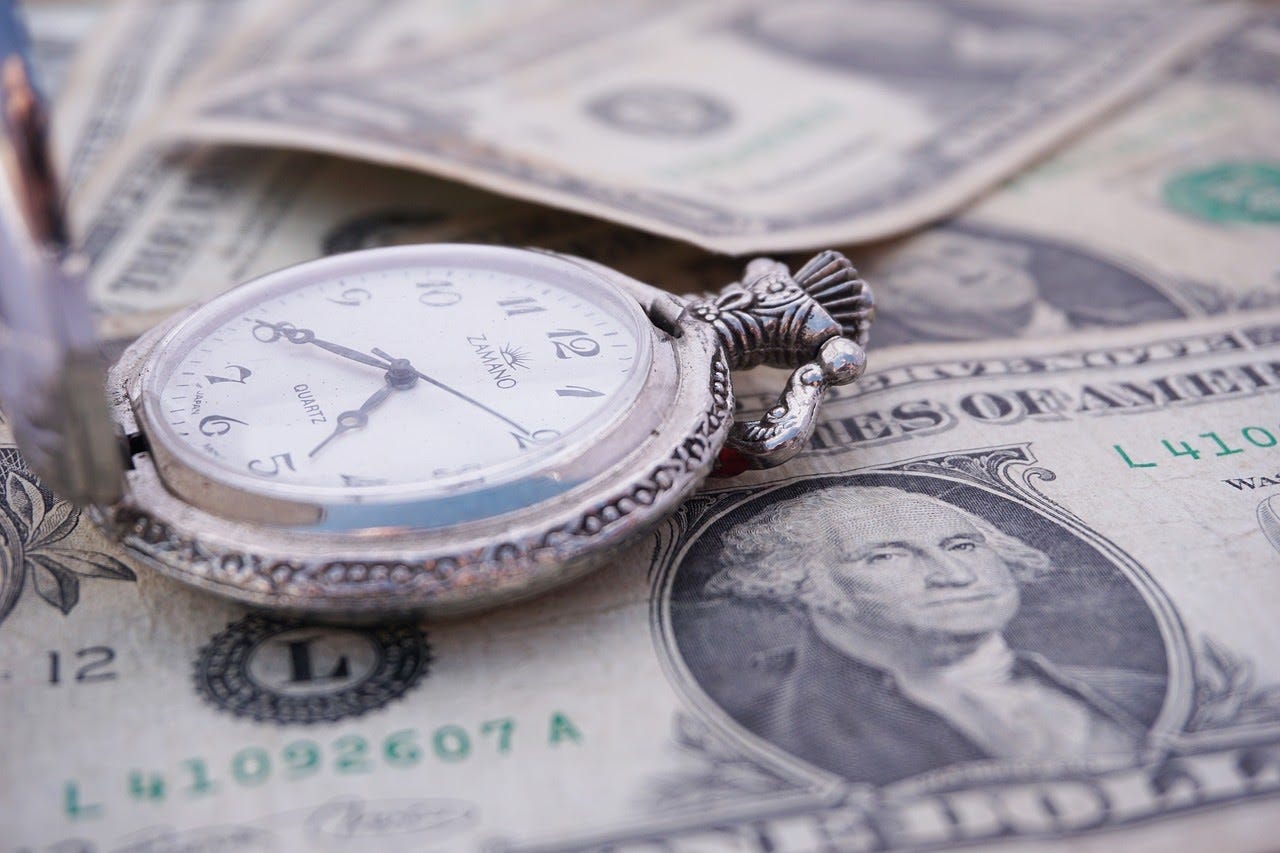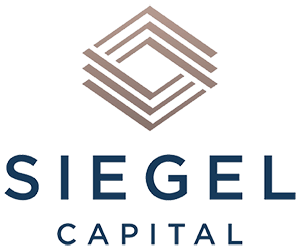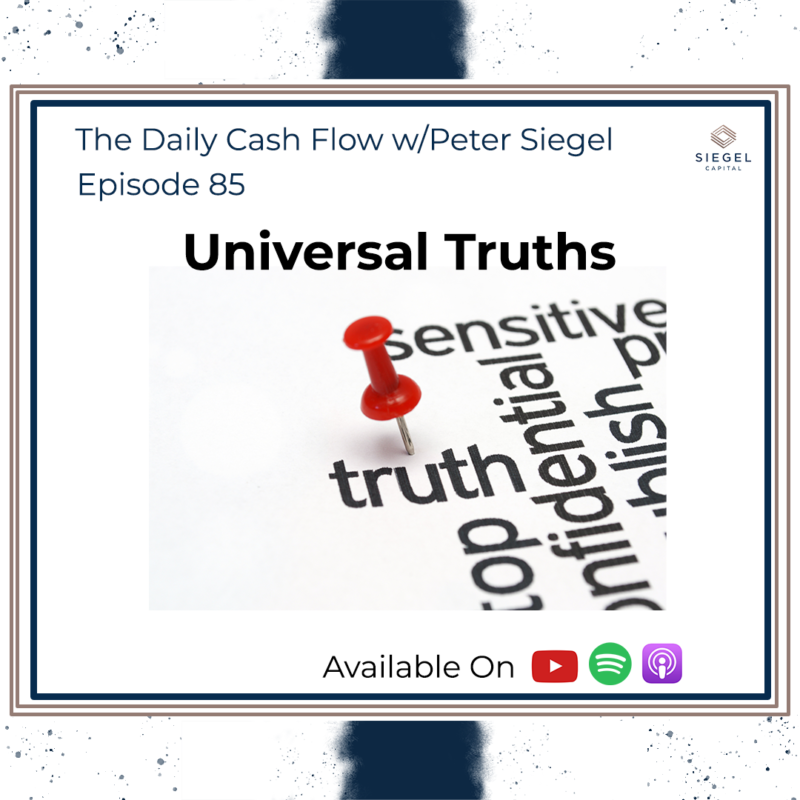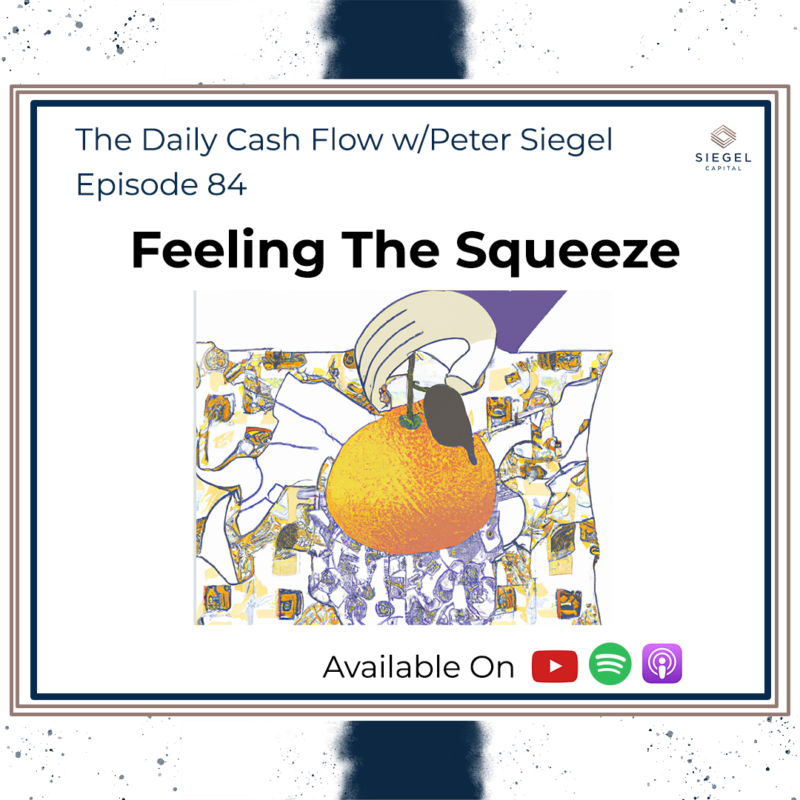
I have been an entrepreneur and investor my whole life.
Even when I was a young kid at 7, selling lemonade on a cardboard box table at my elementary school during recess. Or 15 years old, charging $8 for a red solo cup at the entrance to keg parties at my parents’ house.

What I can tell you after a lifetime of investing in all sorts of things, is that when it came to investing in stocks, businesses, or ideas which didn’t center around assets — i.e. concepts and companies which were promising high returns based on “eyeballs” or “visits” — I sometimes made money and I sometimes lost money.
The stock market always felt like gambling to me.
I constantly saw the media drive and influence stock prices more than corporate earnings. All a company had to do was hire the right PR firm and they could manipulate their stock price. I also noticed years and years of companies “re-stating earnings” — manipulating standard practice accounting methods to inflate earnings which then inflated stock price. It all didn’t make sense to me and I couldn’t control it (or feel like I could control it mentally) so it all felt like a gamble. I felt like I might as well go to Vegas.
The macroeconomic environment is lubricated by things like low interest rates and high consumer confidence. And with banks making loans to consumers for everything from credit cards to HELOCs, to cars — all out of our control, manipulated by the government and Wall Street to achieve certain results — sure, you can get lucky a few times in “alternative” investments which aren’t backed by or centered around a hard asset like real estate. But that’s just what it is. Luck.
When I made money in non-asset based investments, I felt lucky and thanked God that I made some money. I concluded that it was, in fact, luck because I couldn’t identify the real value. I couldn’t see the cash flow or earnings stream, I couldn’t connect the dots from product to customer to profit to earnings.

And, when I lost money investing in these alternative investments, I concluded that “of course I lost money! I couldn’t identify the real value. I couldn’t see the cash flow or earnings stream, and I couldn’t connect the dots from product to customer to profit to earnings”.

All investment types and all asset types have an arc and lifecycle.
Non assets-based investments are investments with low or no profits and whose value is based on things like eyeballs and visits. These all have a very sharp arc like an upside-down V and a shorter lifecycle.
Sure, if the macroeconomic environment is lively enough and if you catch the timing of having made your investment at the upward swing of that arc, AND if you can time the exit of your investment (not always possible with private equity and non-marketable securities) then yes, you may be lucky enough to make money in that isolated case.
If you do, be thankful, and ask yourself, “where are the earnings, where are the profits, and how in the hell did I just make money from this?!?!” Then go out and buy yourself a drink because you had a win and it happened relatively quickly.

Conversely, each and every time I invested in real estate, I made money.
Every. Single. Time.
Some real estate investments produce a higher rate of return than others, but 100% of the time, I have been able to make money buying and managing real estate investments. With a real estate investment, there is a hard asset that you can look at, visit, touch, and feel. There’s also a standardized method to appraise the value of the asset. Not only that, but banks will lend you money on that asset — the terms of which will depend on the type of real estate it is.
With income-producing real estate, there is a calculable amount of cash flow that can be valued and financed. And with value-add real estate, there is a calculable set of steps that you can take to increase that cash flow, thus increasing the value of the asset.
In the early years (but possibly later as well), that asset’s cash flow is largely sheltered from income tax. Not to mention capital appreciation created by taking the necessary steps to increase income. And while you are creating value and enjoying its hedge against inflation, you can use your cash flow to pay down your mortgage to add even more value to your investment.
Real estate investing, if done right, will make you money for sure.

(but maybe avoid those stock market scars to the face, huh?)
How do you invest in real estate? How can you gain access to these markets and opportunities? That’s what we’re here for at Siegel Capital. It’s Not Get Rich Quick, It’s Get Rich For Damn Sure.
This conversation was taken from Peter’s podcast The Daily Cash Flow. Subscribe today on iTunes, Spotify, Youtube, or wherever fine podcasts are listened to, for more ways to achieve success.
This communication is intended solely for “accredited investors” as such defined in the Securities Act of 1933, as amended, and is not intended as an offer to sell, or the solicitation of an offer to buy any securities.



